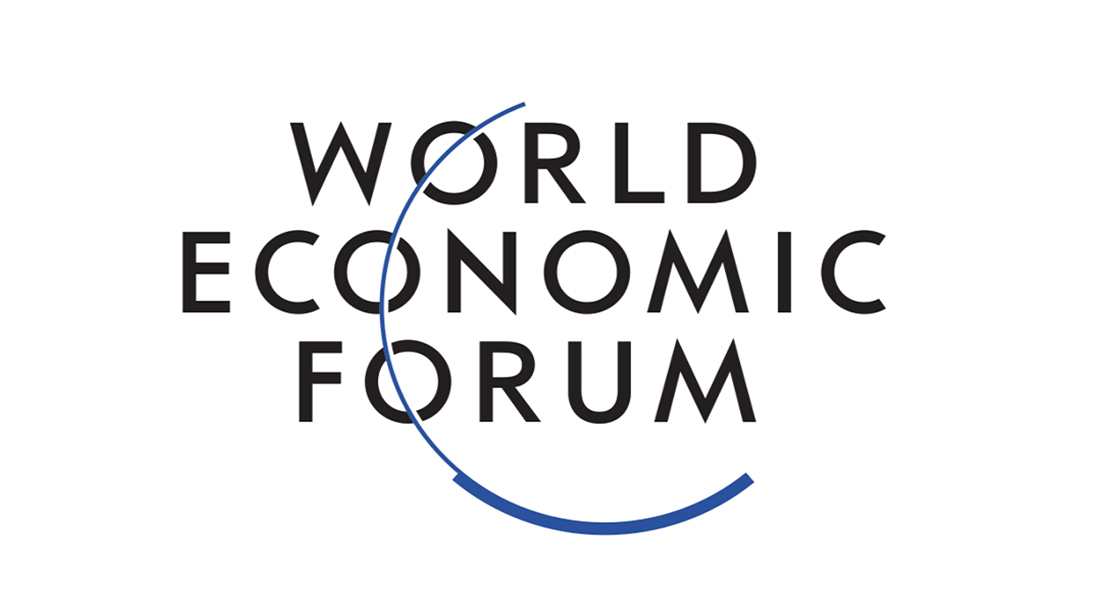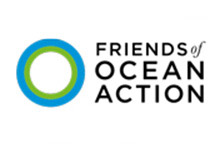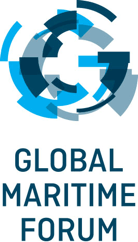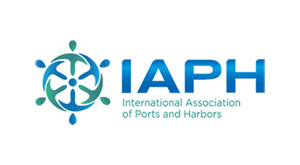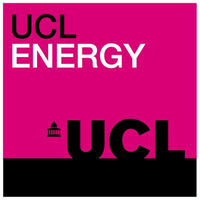Getting to Zero Coalition
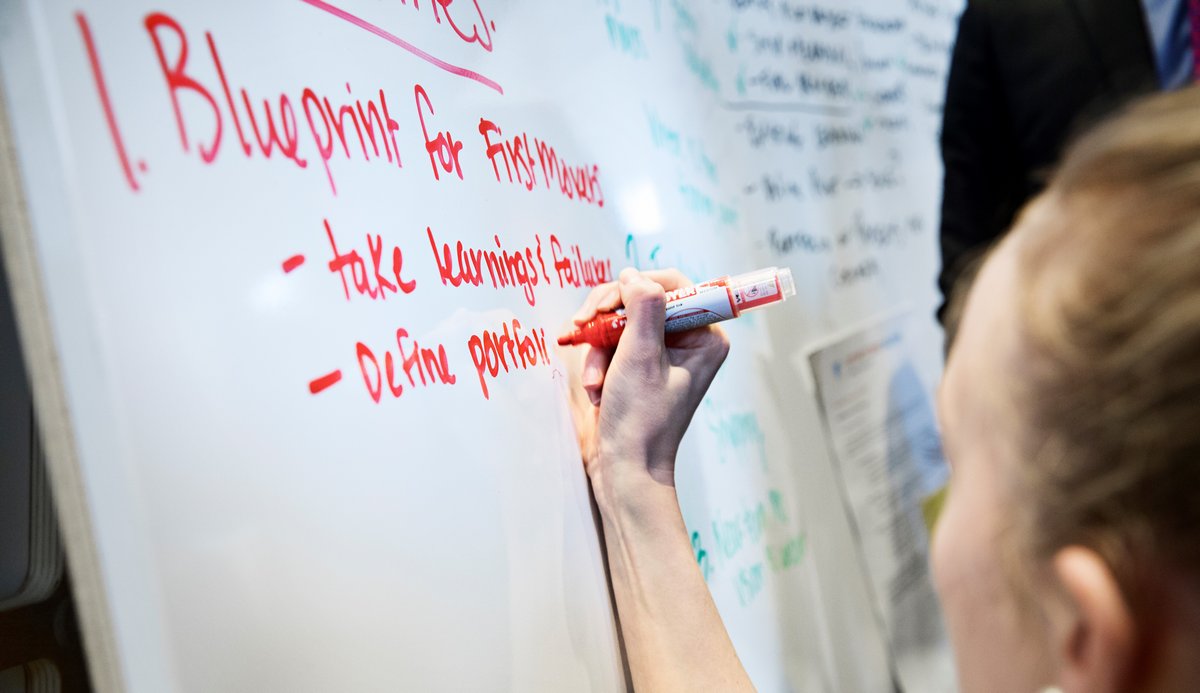
P4G Theme
Zero Emissions Mobility
SDG

Status
Completed
Partnership Type
Scale-up
Countries of Operation
Republic of Chile , Denmark , Indonesia , South Africa , The Republic of Korea , Netherlands , United Mexican States (Mexico) ,
Supported By
Republic of Chile , Denmark , The Republic of Korea , Netherlands ,
About
The Getting to Zero Coalition is a multi-stakeholder, multi-country effort to accelerate the shift to zero emissions shipping by getting commercially viable deep sea zero emission vessels powered by zero emission fuels into operation by 2030.
Investing in Impact
P4G provided the partnership with $530,000 in grant funding.
The Coalition includes an alliance of more than 200 organizations (including 160 companies) within the maritime, energy, infrastructure and finance sectors, supported by key governments and international organizations. The partnership focused its efforts in Indonesia, Mexico and South Africa to identify investment opportunities to build a globally sustainable shipping supply chain and encourage countries to specifically target maritime decarbonization.
The partnership brought together local stakeholders to discuss potential opportunities to realize new avenues for growth whilst targeting national emissions, support an equitable transition and create good green jobs. The partnership held several interviews, workshops and webinars with stakeholders to discuss maritime decarbonization and build networks capable of driving efforts nationally. This helped to create strong buy-in for the project, where national committee members felt empowered to utilize the project within their own organization or sphere of influence.
Getting to Zero produced studies on Fueling the Future of Shipping and Strategic Opportunities for Energy Transition in each country, all of which can be found below. The reports included recommendations on ports, finance, policy and industry.
In South Africa, the partnership participated in consultations for revising the Comprehensive Maritime Transport Policy and helped get shipping named specifically in the Hydrogen Society Roadmap. It has also been invited to collaborate alongside Saldanha Bay on the development of a green port development plan.
The partnership helped equip actors like States, companies and NGOs in Mexico to advocate for the development of e-fuels nationally to improve its energy security and advance economic growth.
Indonesia prioritized energy transition and reception of international finance as core objectives as host of the G20, where maritime decarbonization is now being seen as a way to support progress in these areas. In a side event, the partnership brought together Indonesian stakeholders to explore the future of maritime decarbonization nationally, including through decarbonization of the small boat fleet.

